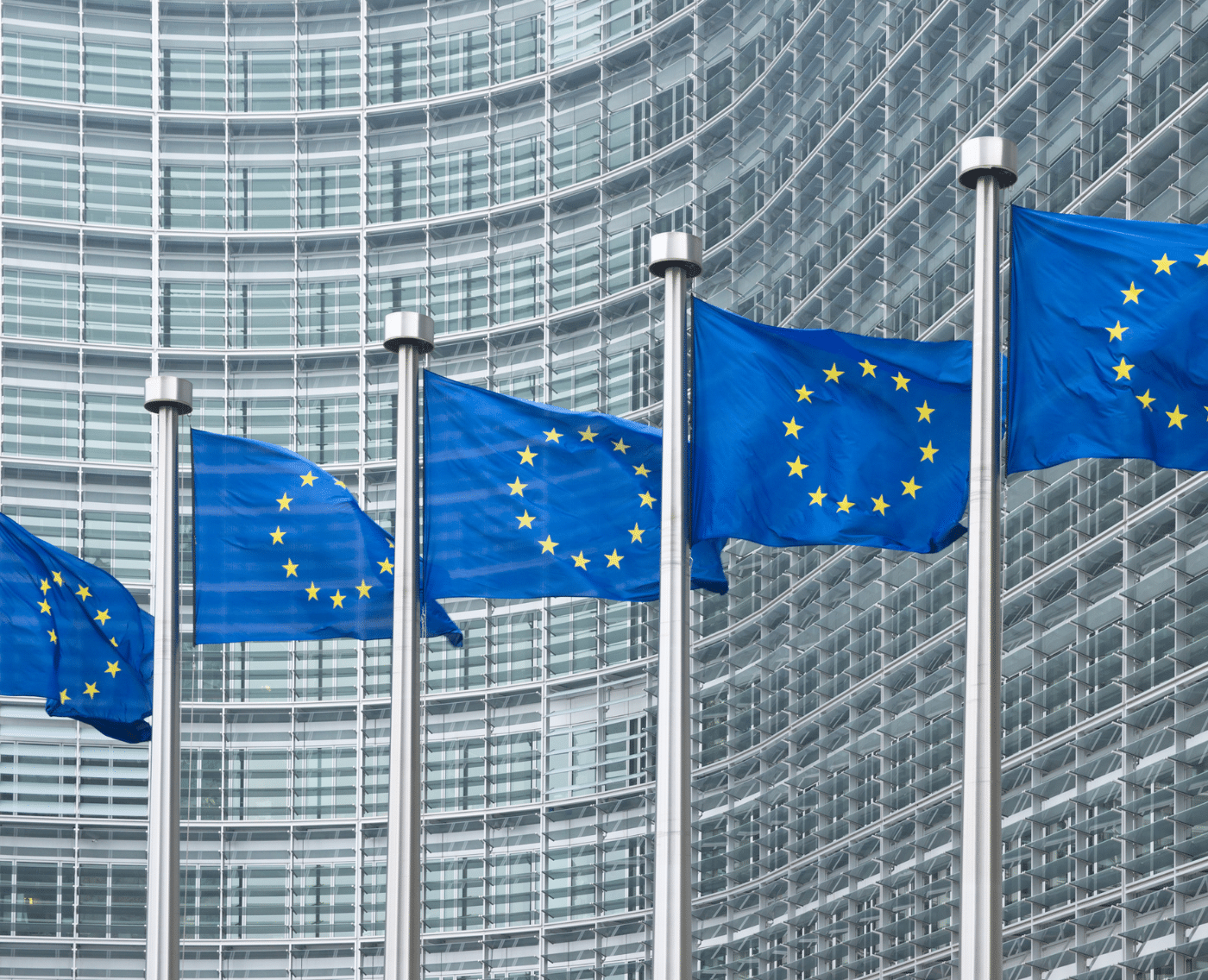EU guidelines map to 5Rights’ baseline, paving the way for overhaul of tech design for kids
5Rights welcomes the European Commission’s draft guidelines on Article 28 of the Digital Services Act – a recognition of our long-standing commitment to place children’s rights at the heart of platform responsibility and system design.

Last week, the European Commission published its draft guidelines on Article 28(1) of the Digital Services Act (DSA), setting out detailed best practice standards for age-appropriate design into the EU rulebook for tech companies. A direct result of years of advocacy led by 5Rights, these guidelines signal a decisive step towards global standards for children’s privacy and safety online under the authority of the world’s most influential regulator.
This is not just a policy milestone, but a victory for children’s rights and a direct result of years of dedicated advocacy by 5Rights. From the moment the DSA came into force, 5Rights led the work of more than 30 organisations, calling for strong guidelines on Article 28(1) that would deliver on the promises of the DSA on a high level of privacy, safety and security for children. The guidelines reflect the recommendations we made in our baseline report – backed by the European Parliament’s Intergroup on Children’s Rights – and build on our longstanding work with EU Data Protection Authorities, our involvement in national frameworks such as the Dutch Child Rights Impact Assessment and our central role in shaping UN General comment No. 25 on children’s rights in the digital environment.
“This is a historic moment. These guidelines entrench years of hard-won advocacy by 5Rights and our coalition into concrete expectations for platforms, placing children’s rights at the centre of digital design and the EU at the forefront of global regulation.”
Leanda Barrington-Leach, Executive Director at 5Rights
Our research has consistently demonstrated how online harms stem from systemic design choices made by platforms and services: the guidelines adopt this perspective as a whole, requiring a comprehensive rethinking of system design.
If implemented with ambition, these measures would reshape the online world for millions of children in the EU. An online world where harmful or addictive content is no longer pushed to children by algorithms, where ads don’t exploit their vulnerabilities, and where tools like private-by-default settings help them stay safe, in control and better protected online.
The guidelines also represent a critical rejection of the idea that guardians and parents have to bear the responsibility of keeping children safe online. Instead, they provide a solutions-oriented framework – anchored in the language of the UN Convention on the Rights of the Child and General comment No. 25 – that requires companies to comprehensively redesign services from the registration process, establishing robust default settings, adapting recommender systems and providing effective and child-friendly reporting mechanisms. This is not about excluding children from online spaces, nor about placing full responsibility on guardians to monitor their children.
These guidelines are not the end point but rather the beginning of a new era that requires accountability and continued coordination with all stakeholders. We urge the Commission to continue its work on a Code of Conduct for age appropriate design and to establish a two-year review period for the guidelines.
5Rights remains committed to supporting this work so that the DSA can truly deliver on its promise: a digital world where children can learn, play and connect without having to compromise on safety, privacy and security.
